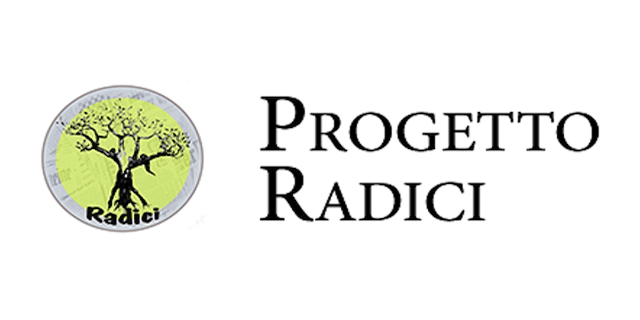Fear of public speaking is a common type of anxiety.

Fear of public speaking is a common type of anxiety. It can range from mild tension to extreme fear and panic. Many people who are afraid of public speaking avoid public speaking situations over sentence, or they struggle in those situations because of trembling hands and a shaky voice. But with persistence and preparation, you can overcome this fear.
The following steps may help:
See the topic.
The more you understand the topic you're going to talk about — and the more you care about the topic — the less likely you are to make a mistake or get off topic. And if you get off topic, you can come back quickly. Take some time to think about the questions the audience might ask and prepare your answers.
Be tidy.
Plan carefully the information you want to provide in advance of your speech, including any audio or visual props or aids you'll use. The more organized you are, the less nervous you will be. Use a chart on a mini card to always stay on track. If possible, visit where you'll be giving your presentation and check what equipment is available before you present.
March, then practice more.
Practice your entire presentation several times. Practice your presentation in front of people you feel comfortable with, and ask for feedback. It may also help to practice with some people you're not very familiar with. Consider recording a video of your presentation so you can watch it and identify opportunities for improvement.
Challenge specific fears.
When you are afraid of something, you may overestimate the possibility of bad events. Make a list of specific concerns that you have. Then directly challenge them to identify possible and alternative outcomes, and any objective evidence to support all of your concerns or the possibility of the outcomes you fear.
Visualize your success.
Imagine that your presentation will go smoothly. Positive thoughts can help you reduce negative feelings about your performance in front of an audience and relieve you of some anxiety.
Do some deep breathing.
Deep breathing can be very calming. Take two or more deep, slow breaths before stepping onto the stage and while speaking.
Focus on the material you are going to deliver, not the audience.
People focus their attention primarily on the new information in the first place — not on the way it is presented. So they may not notice your nervousness. And if the audience notices your nervousness, they may support you and want your presentation to succeed.
Do not be afraid of a moment of silence.
And if you get out of touch with what you're talking about or start to feel nervous and unable to remember, it may seem like you've stopped talking for good. But in reality, this situation may only last a few seconds. Even if it takes longer, the audience probably won't think to pause to think about what you're saying. Just take a few deep breaths slowly.
Acknowledge your success. After you have finished speaking or presenting, encourage yourself. The performance may not be perfect, but the chances of success lie in staying away from criticizing yourself more than the audience does. And see if any of your concerns have already occurred. Everyone makes mistakes. See any mistake you made as an opportunity to improve your skills.
Get support.
Join a group that provides support for people who have difficulty public speaking. One effective resource is the Toastmaster Foundation, a not-for-profit organization with local chapters focused on training people in speaking and leadership skills.If you can’t overcome the fear by exercising on your own, consider seeking professional help. Cognitive behavioral therapy is a skills-based approach that can be one of the most successful treatments for reducing fear of public speaking.
As a second option, your doctor can prescribe a sedative to take before speaking in public. If your doctor prescribes medication, try it before you start public speaking to see if it affects you.
Stress or anxiety in some situations is normal, and public speaking is no exception. Other examples commonly known as performance anxiety include stage fright, test anxiety, and writer’s disability. But people with severe performance anxiety, which includes significant anxiety in other social situations, may have social anxiety disorder (also called social phobia). Social anxiety disorder may require cognitive behavioral therapy, medication, or a combination of the two.
Fear of public speaking is a common type of phobia, and it may vary from mild tension to intense fear and panic, and many people who are afraid of public speaking avoid public speaking situations on a sentence, or they suffer in those situations because of trembling hands and voice, but With persistence and preparation, you can overcome this fear.
Dr.Sawsan Mabrouk corrispondent Project Roots Madenine Tunisia







